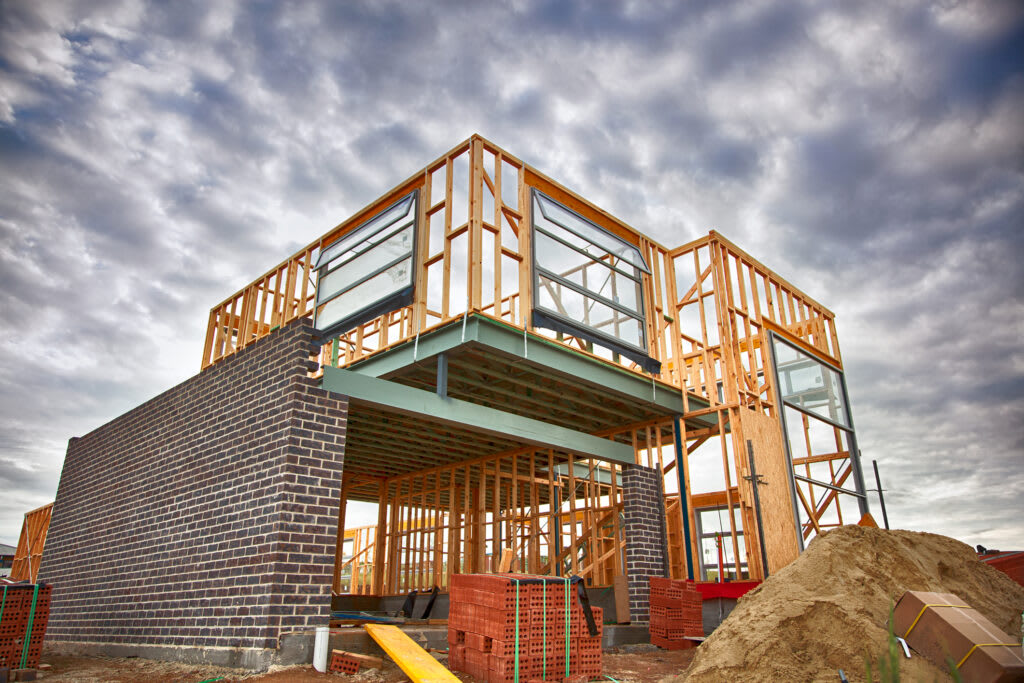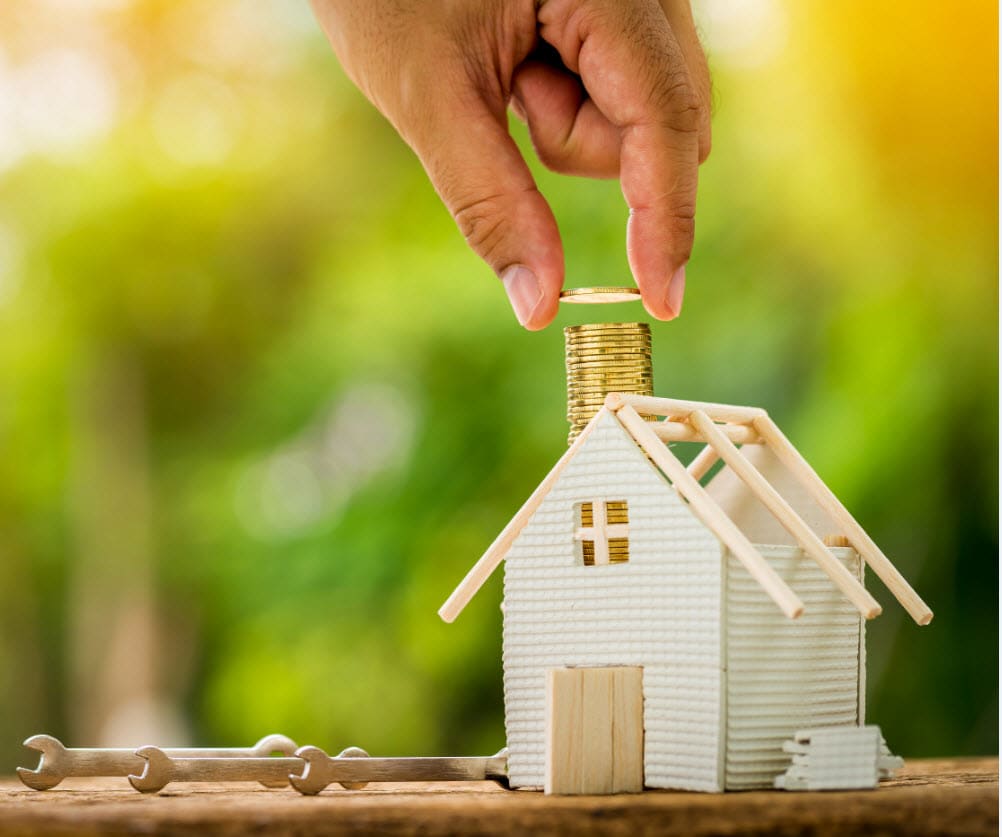Can I claim depreciation on a house?
First, you must understand that to claim depreciation on your dwelling – it must be income-producing.
You can’t claim depreciation on your residence if you live in the property; in other words, it is your principal place of residence.
However, if you live in the house and then move out – you can claim depreciation from when you move out, provided the property was built after 1987.
How old does a house need to be for a depreciation claim?
You can claim depreciation on old houses and new houses. But you will get more on homes built after 1987. Why? Because on houses built after 1987, you can claim the depreciation on the house’s structure and the internal items on the house.
If your house was built after 1987, you could also claim the bricks, concrete, doors, kitchens, etc.
You can only claim depreciation on items known as house Plant and Equipment now for brand new properties.
That’s because the tax depreciation law changed in 2017.
Does a house depreciate or appreciate?
Funnily enough, it can do both! You see the property value that (hopefully) increases in value, i.e. appreciates.
You, as a taxpayer, get to depreciate the construction costs.
How do you value house depreciation?
The construction depreciation value, or Capital Works Deduction, is based upon the actual costs of construction – when it was built.
So if it’s brand new, it’s easy – because we know the cost in today’s dollars. But if the property is old, we have to work out what it cost to build when it was initially constructed.
Use our FREE depreciation calculator determine an accurate estimate and work out the likely tax depreciation deduction on your investment property.
Property Depreciation Calculator
Find out the potential return on a property
How much does a house depreciate each year?
Using the Washington Brown house depreciation calculator, on a new house purchased for $500,000, you might be able to claim around $13,000 in the first year alone and close to $90,000 over the first ten years.
Again, using the Washington Brown depreciation calculator, an old house purchased for $500,000 might be able to claim around $4,000 in the first year alone and close to $11,000 over the first ten years.
What is the house depreciation rate?
Well, that depends on the item you are about to claim. Provided the property was built after 1987, you can claim the original structural component of the property at 2.5% per cent per annum for 40 years.
That’s because a house’s effective life is 40 years from when the construction is completed.
The property costs $200,000 to build and is 20 years old. That means you would have $100,000 to claim over the next 20 years. So, you could claim $5,000 per year for the next 20 years.
The plant and equipment vary according to the item in question, but now it must be new to claim the residential property depreciation on these items.
How long can you depreciate a house for?
This is a question we get asked a lot.
In summary, the house will be depreciated for 40 years. This 40-year period commences when the house is first completed.
It doesn’t restart every time a new purchaser comes along.
So if you buy that property when it’s 20 years old, you will have 20 years left to claim the rental property capital works deduction using the prime cost method.
It pays to get a House Depreciation Schedule Quote and start claiming the depreciation in your tax returns this financial year.
What can I expect to pay on a depreciation schedule?
You can get a free quote from us today simple request a quote.
Unlock Your Free Quote Today!
How does the house value affect the depreciation of a property?
The value of the property matters far less than the actual construction cost. The building allowance is calculated on the actual price of construction cost.
However, if your house is brand new, the value you pay for the property will influence how much depreciation you can claim.
Why? Because the plant and equipment items in your house can be based upon how much you pay for the real estate.
The plant and equipment can be claimed via the diminishing value method or prime cost method.
Again, we must stress this only applies to brand new houses and apartments.
If your property is second-hand, you can no longer claim tax deductions via depreciation on the plant and equipment depreciating assets. You can only claim depreciation on the structure of the building.
For more information contact us on 1300 99 06 12 or email us. Or get a depreciation schedule here.
How do you find the age of the house to depreciate?
Claiming House Depreciation Should Be The Icing On The Cake
If you’re buying an investment property, depreciation should not be the initial focus of your attention.
Instead focus on future infrastructure, potential rental yield, vacancy rates in the area and how you can improve the property.
Property depreciation is, however, the ‘icing on the cake’.
The depreciation you claim on your property increases cash flow – because it reduces your taxable income.
Even if you buy a positively geared investment property, depreciation still helps because the amount you borrow is irrelevant when claiming the depreciation.
That’s because property depreciation is known as a ‘non-cash deduction’. That means you don’t have to fork out cash to claim the deduction.
Every other deduction you can claim as a property investor will match the amount from your bank account.
But not depreciation… that deduction is in-built in the property at the time of purchase.
You need to work out how much you can claim. And that’s where we help: the Australian Taxation Office will accept an estimate from a quantity surveyor if the costs are unknown.

